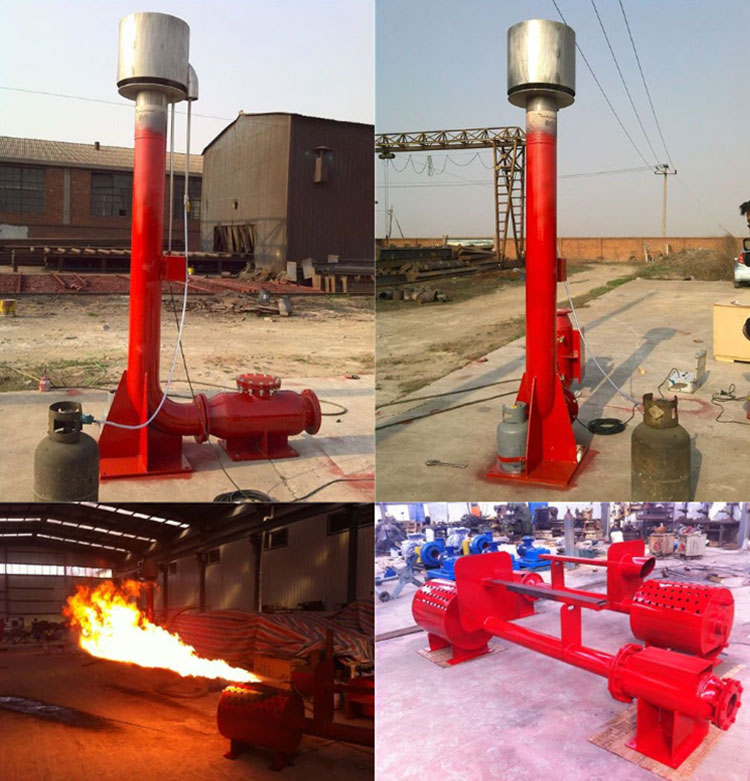WeChat: 86-13735815206 / 86-17392256505
Phone: 86-29-88680837
Mail: sales@hlsolidscontrol.com
Add: Room 804, Building 1, Western Cloud Valley Phase II, Fengxi New Town, Xixian New District, Shaanxi Province
Why do oil wells ignite and blow out?
Oilfield Ignition Device, we usually see it in the video or the oil production site that the oil well will erupt, some person may not understand it, so we will talk about why the oil production equipment needs to be ignited in this issue.
Raising a fire on an oil field to burn is not actually burning the oil itself. When the oil was first mined, the ingredients in it were very complicated, and later purification and processing were required.
Oil and gas reservoirs are generally a three-phase coexistence of crude oil, natural gas, water and other solid impurities. The vast majority of crude oil is called oil well, and the vast majority of natural gas is called gas well.
Although it is an oil well, there will be a small amount of natural gas mixed in it. It is good to be able to separate the natural gas for storage and use. However, the cost of adding a natural gas separation system is much more expensive than the value of this small amount of natural gas, so it is better to burn it.
The natural gas that comes out with oil is a suffocating gas, which will bring great safety hazards to the staff. Moreover, the natural gas is directly discharged into the atmosphere, which is also very unsafe. Once it encounters an open flame, it will cause fire or even explosion. Therefore, the oil field has specially installed a burner (also called a torch) to burn these gases under controllable conditions to ensure safety.
Burn sour gas. The natural gas collected from oil and gas wells often contains hydrogen sulfide and organic sulfur compounds. Hydrogen sulfide is highly toxic and forms weak sulfuric acid with water to corrode pipelines and equipment.
Burn natural gas. In the early stage of the petroleum industry, due to technical and economic constraints, oilfield associated gas and crude oil condensate could not be recycled. In order not to cause more serious damage to the atmosphere, it was burned through a torch.

Natural gas has been recycled; for oil fields with high sulfur content, sulfuric acid plants are generally set up nearby to digest sour gas, which is environmentally friendly and increases the added value of products; while those with low content are sealed or treated by other technical means, not all torches They are all lit all year round. Through transformation, they don’t ignite during normal production and only ignite when the accident is empty.



